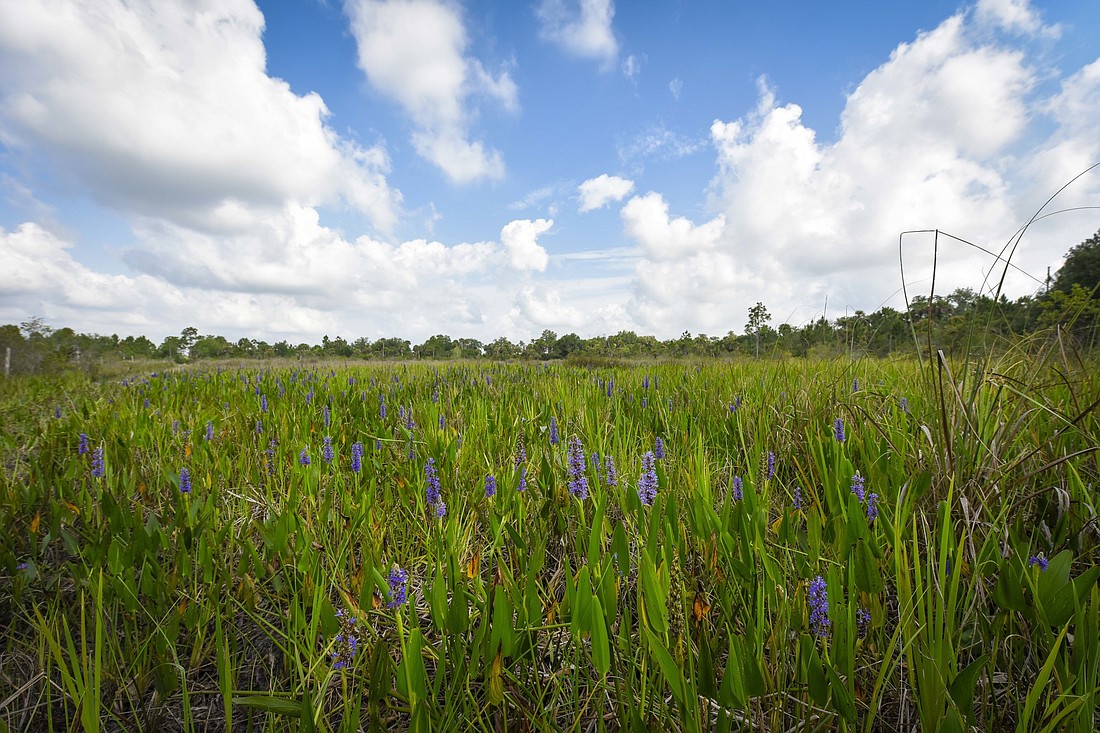- December 15, 2025
-
-
Loading

Loading

Not only are developers and entrepreneurs buying land in the region, but counties and conservation groups are, as well, to stave off overdevelopment and preserve wild and working land for future generations. A noble goal, to be sure, though these deals can benefit both buyer and seller.
Christine Johnson, president of the Conservation Foundation of the Gulf Coast — which, over a span of 19 years, has protected more than 19,000 acres in Manatee, Sarasota, Charlotte, Lee and Collier counties — says it’s a common misconception that conservation-minded landowners are resigned to accepting below-market prices if they decide to sell.
“A lot of times,” Johnson says, “what we’re asking landowners for is the gift of time.”